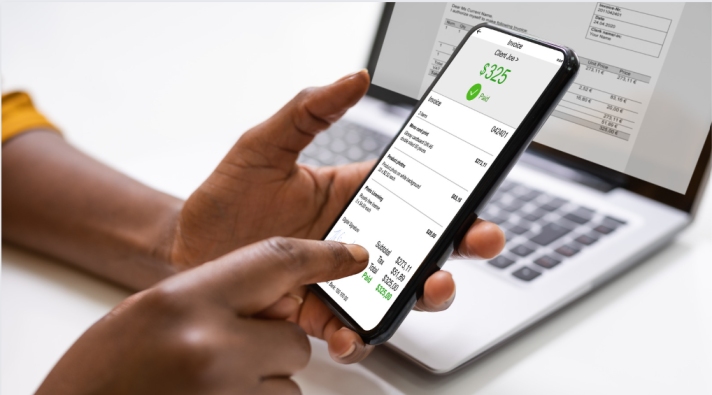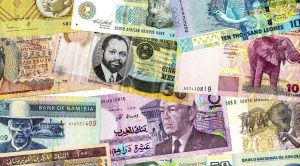The growth of digital payments in Africa is revolutionizing financial inclusion on the continent. With over 60% of the population unbanked and lacking access to formal financial services, digital payments have become a game-changer, offering greater convenience, security, and accessibility.
From mobile money platforms to innovative fintech solutions, digital payments are empowering millions of Africans to send and receive money, access credit, and build financial resilience. This article will delve into five specific ways that digital payments in Africa are driving financial inclusion, highlighting the latest trends, challenges, and opportunities in this exciting and rapidly evolving market.
Digital payments are transactions conducted online utilizing digital tools like computers, smartphones, and other web-connected devices. Digital payments in Africa have become increasingly popular, with mobile money services leading the way in digital payment adoption. Digital payments have played a vital role in expanding financial inclusion in Africa.
1. Mobile Money
Mobile money services have become a significant driver of financial inclusion in Africa. Mobile money services allow individuals to send, receive, and store money using a mobile phone. A growing number of Africans are using these services because of their accessibility, cost, and convenience. Mobile money services have allowed millions of unbanked Africans to access formal financial services.
2. Financial Access to Rural Communities
People who live in remote locations can now access formal financial services thanks to digital payments. In the past, accessing a bank branch required great distance travel for residents of remote areas. People who live in rural locations can now use their mobile phones to obtain banking services thanks to digital payments.

3. Job Creation
Digital payments have created job opportunities for many Africans. There is a demand for specialized personnel, including software developers, data analysts, and cybersecurity specialists, as a result of the expansion of the digital payments sector. The creation of these jobs has helped to reduce unemployment rates in Africa.
4. Financial Inclusion for Women
Digital payments have made it easier for women in Africa to access financial services. Women in Africa often face cultural and social barriers that limit their access to formal financial services. Digital payments have made it possible for women to access financial services without facing these barriers.
5. Reduced Costs
Digital payments have reduced the cost of financial services in Africa. Low-income Africans find it challenging to receive traditional financial services since banks frequently demand large fees. Low-income Africans can now receive banking services at a lower cost thanks to digital payments.
Conclusion
Digital payments have played a significant role in improving financial inclusion in Africa. Mobile money services, financial access to rural communities, job creation, financial inclusion for women, and reduced costs are some of the ways that digital payments have improved
FAQs
Q: What are digital payments?
A: Digital payments are transactions conducted online utilizing digital tools like computers, smartphones, and other web-connected devices.
Q: Why are digital payments important for financial inclusion in Africa?
A: Digital payments are important for financial inclusion in Africa because they allow millions of unbanked Africans to access formal financial services.
Q: What is mobile money?
A: With the help of a mobile phone, users can transfer, receive, and keep money utilizing the mobile money service.
Q: How have digital payments reduced the cost of financial services in Africa?
A: Mobile money is a service that enables users to transfer, receive, and keep money using a mobile phone.
Q: What are the benefits of digital payments for women in Africa?
A: Digital payments have lowered the hurdles that formerly prevented African women from accessing financial services due to social and cultural norms.




